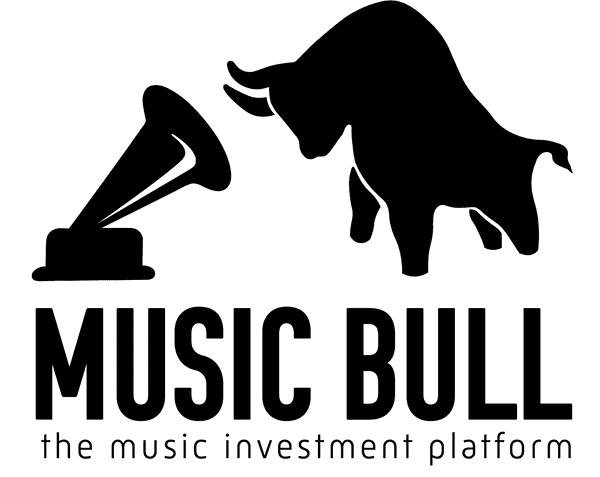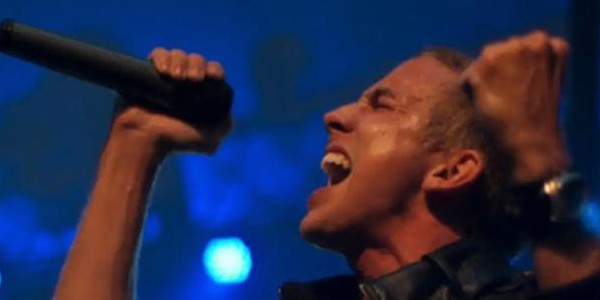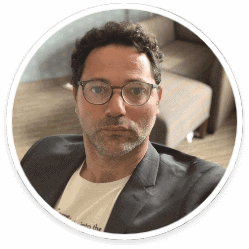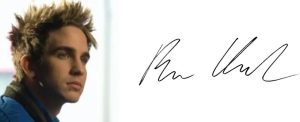
In this article, I want to share my musical story with you and show you that you don’t need to have the best guitar skills, piano skills, voice, or even be a top music producer/engineer to make great songs. Especially these days, with all the incredible technology and writing tools/free online tutorials we have at our fingertips.
You can literally pull up a YouTube video and learn in an hour how to use a certain recording program for free. Whereas in the past, you would have to drive to a school and pay thousands of dollars. I believe everyone is musical, whether they know it or not. Can you write but aren’t sure of the producing/mixing/mastering process? No problem. You can write the song, find a professional engineer/producer on Fiverr, and work with them to finish your tune. It really is true and has been proven many times by breakout bedroom artists (such as Adam Young (Owl City), Billie Eilish, etc.) All you need is passion, ambition, and endurance to continue making music throughout the many seasons you will go through as a musician/songwriter.
Be open to working with others, and humble enough to know when you need help in a certain area that may not be your expertise. I grew up a 90’s kid where within half an hour, on the same radio station, you would hear a vast variety of artists, ranging from Eminem, Backstreet Boys, Blink 182, Marilyn Manson, etc. I attribute being able to come up with catchy melodies and memorable hooks to this. I listened to all types of genres and styles.
My Musical Journey:
I have been writing music since I was 12. If I had to label myself in the music industry, it would be first as a singer/songwriter. I suppose my first introduction to singing would be in a church choir with a bunch of really old people… My parents enrolled me in piano lessons for a few years when I was younger (which at the time I would have much rather been playing outside with my friends.) Although, looking back now, even though my theory is still very minimal, I’m obviously very thankful I was able to learn the basics I needed to be able to expand on later in my musical journey.
I played the alto saxophone in public school and around that time taught myself some guitar chords (or I should say guitar bars as I could only play chords in drop ‘D’, as I found power chords too difficult at the time). It was enough though to play in my first band at 13 called ‘Punktuation.’ We were a pop punk band and were absolutely horrible. We thought we were rock stars though. To this day, it was probably one of the most fun times in my life. We played gigs, sold merchandise and even made some live Fisher-Price cassette recordings.
I eventually did learn how to play proper guitar chords and basically taught myself enough piano and guitar chords to be able to write and record my own songs. From that point on, I’ve been a solo artist as well as a part of a few different bands/projects. My best skill/gift to this day would be singing. This would eventually lead to being confident enough to share my music with people higher up in the music industry as well as write for other artists and musicians down the road.
I wouldn’t consider myself an amazing engineer or producer. I mainly write and record music with a simple writing setup using a MacBook Air laptop, Logic Pro X, interface, and instruments like a MIDI keyboard and guitar. I learned how to use recording gear and recording software programs from just spending hours in the studio over the years watching and learning from great producers and engineers.
If there was or is something I’m not sure how to do, I’ll look up the technique online or call/write to one of my producer/engineer friends and they usually can walk me through the problem. I simply come up with song ideas and finish them to the point where it’s a fully structured finished song. A good sounding demo. I’ll record the song and give it a good pre-mix (lower the levels, add some pitch correction if needed, reverb, delay, etc.) to make it sound and have the feel of the direction I would like to see the final project.
I’m sure there would be many people who would be satisfied though with how my demos sound as a finished product. However, after hearing and seeing some of the best producers and engineers in the world work and how they make a song sound once it’s finished, I know I’m not at that level yet as far as producing goes. But that’s OK, we all have our own skills and talents that we continue to progress at and the music world provides the rest. I then send that track to one or two of my good friends who are incredible engineers/producers who then make the song into radio/Spotify quality and add their golden touch to the mix/mastering process. Then, voila! We have a hit sounding song!
So… How did I end up going from being in a crappy pop punk band at 13 years old to co-writing and singing on a #1 Billboard charting song for a Grammy-nominated band with a multiple Grammy award-winning writer in Nashville? Well, believe it or not, it only took 4 hours.
I was in a band at the time that had just finished our first record that we wrote and recorded ourselves. During that time, I had just co-written and recorded a song called “Woo Hoo” that won “Song of The Year” at the 2009 GMA awards in Canada. I had also co-written an instrumental for a “Post It” commercial that won an international competition for “Post It” notes. That got placement through my friend who was a videographer at the time and they got the gig for the commercial.
I decided to stop my solo project and focus solely on our band, touring and writing more music around that time. We had just finished a music video for our first single and started spamming labels and record executives to see if we could get any interest. Lo and behold, we were invited to come and write in Nashville and meet with some top labels.
During that first trip to Nashville, we were told to meet at the “studio” one morning for a songwriting session with some Grammy award-winning songwriters. Man, were we pumped. In my head, I pictured the address we were driving to be some top-notch recording studio where we would have to check in with the secretary and would be offered a complimentary drink while we waited in the lounge area for our session to begin. Much to my surprise, it was a little less than that.
We arrived at the address. It was an old house in a rickety looking neighborhood. When we were invited inside to the recording room, it was a makeshift room with a small writing setup with a few keyboards, guitars, and other instruments lying around. The vocal booth I would be singing in was a bedroom closet that had been soundproofed with some ripped up pieces of foam. I was thinking to myself, “This looks like how we record and these are some of the best writers in Nashville?” Something about the laid-back atmosphere made me feel right at home like I was writing in my parents’ living room as a child.
Long story short, after we came up with a catchy guitar riff and some singable melodies, it was time for me to do what I do best and that was to kill it in the vocal booth. I ended up singing a super strong hook for the chorus and at the end of the day, we had a solid sounding demo. The record executive that set up the writing session for us that day heard the demo and thought it sounded too aggressive vocally in the chorus and wouldn’t be suitable for radio. We were a bit bummed and really wanted to hit one out of the park and make a good impression.
It felt like a long drive home from Nashville that trip and I remember feeling like maybe we were a bit out of our league and possibly didn’t write or sound good enough to be a part of the professional industry. But it only takes one person in the industry to see your potential or hear your music and the rest is history.
I just recently watched the Ed Sheeran documentary. Ed is arguably one of the best songwriters in the world, or at least one of the most recognizable in the music industry today. Ed has written not only his own hits, but also those of Justin Bieber and others. In his documentary, he explains how he was turned down by so many people in the music industry, telling him his music wasn’t up to par. Now he’s one of the biggest artists in the world. This is an all too common story throughout time. Not only in the music industry, but in life.
There are thousands of stories of great athletes, musicians, entrepreneurs and more who were denied, turned down or told their craft, hard work or idea wasn’t good enough. Only to continue on with their craft and press through until their dreams became reality.
Our song was heard by the lead singer of the Grammy-nominated band and multi-platinum recording artist Michael Tait of ‘The Newsboys’, who loved the song so much that he wanted it for their band and to make it their next radio single. When we got the news, we were over the moon excited and went from fighting feelings of failure to feeling pretty good about ourselves and what we had accomplished. Little did we know it would get better. I was asked if they could keep my vocals on the track to help carry the chorus (cool side note: I grew up loving Micheal Tait’s voice and singing a lot of his songs as a child, so I was a bit star struck and completely honored to be singing alongside of his vocals).
Once the band recorded the song and released it to radio, it was an instant hit. We watched as the song continued to be added by radio stations nationwide and as it started climbing the Billboard charts, we came to the realization that it might just go #1. I still remember looking at the charts and seeing it reach that coveted #1 spot and being so excited. We did it! We wrote a #1 Billboard Charting song. What that did for our confidence as musicians and songwriters was huge. I don’t take for granted that not many musicians will ever be able to say they were a part of writing a song that went #1 on Billboard.
There were four of us in that makeshift bedroom turned recording studio that day. Probably very similar to the one that most of the readers here have. Maybe not even as good! Each person that day had their own unique set of skills. No one was the whole package that day.
Are you ready to unleash your music bull?
Some Of The Challenges Of Songwriting:
Let’s start with writer’s block. This is definitely annoying and a very frustrating thing to deal with. When I first started songwriting, the internet, AI and songwriting apps weren’t really a useful tool yet. Depending on how raw of a songwriter you are today, they still may not be of use to you.
However, if you just can’t find the words to say in your lyrics, or need a chord progression to pull into your session for some inspiration, these tools can be very useful to get you past that small hump of struggling creatively. Some other techniques I have used to help with writer’s block include changing the tempo of a song, changing my writing location, stopping writing for a moment to listen to something completely different, looking at a picture of something and writing words or lyrics around that picture, changing my MIDI track sounds to something completely different, giving the song a whole other feel or direction.
Some of the best songs I’ve written, I’ve written completely (lyrics, melody, instruments etc) in 10 minutes. Others I’ve had to grind my way through, but in the end, it was totally worth the grind. That’s something I find very appealing about the creative process of songwriting. Each time it’s completely different and you have no idea what is going to happen. It’s like a fun surprise each time you start to write a fresh song.
Most of my songs usually come with me just singing gibberish in the car while I drive and then a certain melody or lyric comes out of my mouth and I get that “Ah Ha” moment!
Songwriting can be a very fun and rewarding process when done with good people and personalities. When writing with the wrong people who have a big ego or a know-it-all personality, it can be very frustrating and a toxic atmosphere. Usually, nothing good comes out of this, and if a good song does end up happening in this situation, it probably results in your ideas or creativity being shunned or pushed out of the room.
This can happen earlier on in your songwriting journey when your confidence isn’t built up yet, so you end up just going along with everyone else’s ideas or suggestions. It can be tough when you are writing with others to voice your ideas or thoughts/opinions on a song with the fear of being rejected. This is something that is probably the hardest thing to overcome when writing with others, but the most important thing to challenge yourself in doing. Just remember that you have unique ideas and creative skills that no one else can emulate because they’re not you. So speak up, sing that melody, get your ideas rejected and keep on giving your input, all while being humble enough to accept that maybe your idea isn’t the best and possibly someone else’s works better in that particular part.
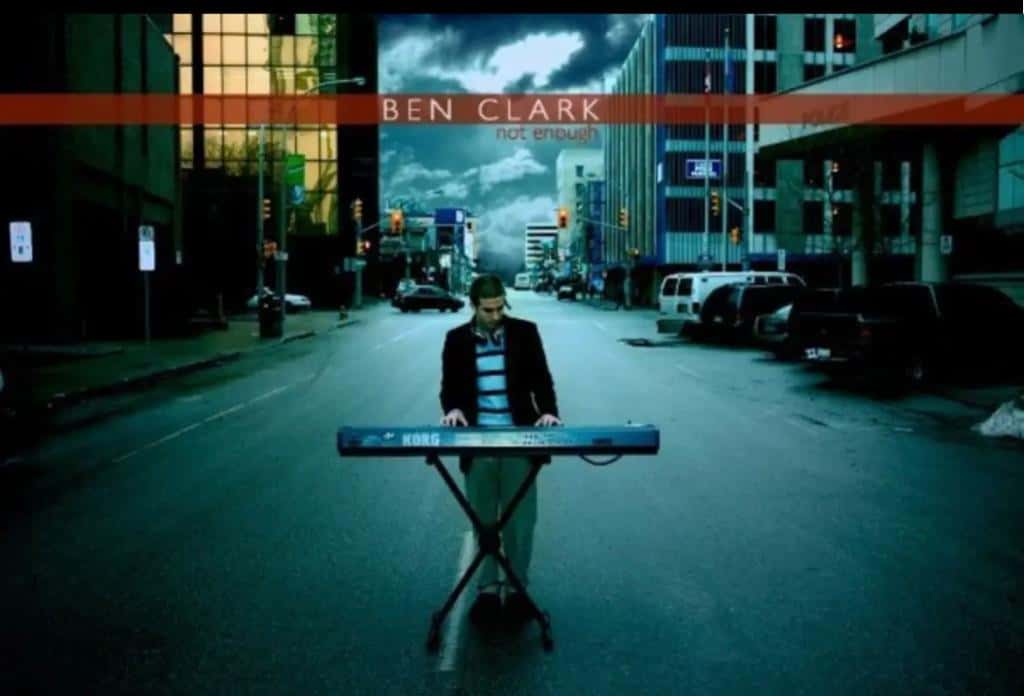
The Professional Music Industry:
Like anything, there is good and there is bad. Unfortunately, the higher up and more corporate you get in the music industry, this can become more evident. It’s important that you protect your music and yourself from predators looking to make money off your craft. I have been a part of good deals and bad deals. Somewhere I was given maybe more credit on a song/track or project than I should have been, and others where it was more profitable for me to be less credited on for corporate gain.
No matter what the situation, it’s important to have good values and principles and remember that the music industry runs on relationships and connections. It can be unfair and unjust, but it is what it is. Be a good person, make great music, work hard, and let the pieces fall into place.
How Music/Songwriting Looks For Me These Days:
I’ve played/performed shows for thousands of people, but always enjoyed the process of songwriting and recording way more. I haven’t performed music in a while in public but enjoy writing every day and honing my producing/engineering skills while working with all different types of genres to keep me sharp and creative.
I have three kids of my own, ages 5, 8, and 11, and each is musical in their own way. I enjoy working with kids these days on recording their music and sharing the creative process of hearing their music come to life and their voice/ideas come through the speakers with their reaction being, “That’s me?”. I see a real niche in the music industry for kids and dream of having an all-kids record label soon.
Some of the most played songs on Spotify are from artists when they were 12 or 13 years of age. To me, this shows that there is a lot of potential for young artists and a want for music that showcases that type of talent.
So most of my musical journey these days is spent in front of my workstation preparing songs for not only myself but other artists and helping them find their voice and sound and learning about how fun/rewarding writing and recording music is. I am working on and do plan to release some solo music of my own this year. How that will be released (name, genre, etc.) is yet to be determined. At the moment, I’m just writing a ton and seeing what path unfolds.
In Conclusion:
Don’t feel like you have to be able to do it all musically in order to “make it” in the music industry or to be considered good. You don’t. Very few people are the whole package deal. Singer/songwriter/producer/engineer/session musician, etc. Use and offer your unique set of skills to the best of your ability and the rest will fill itself in. Also, just because a certain set of ears or eyes doesn’t believe in your creation, gift or talents, doesn’t mean that another pair of ears or eyes won’t. Most importantly, what you believe is what matters most. That’s what will take you to where you want to go.
Thank you to everyone who took the time to read a bit about my musical journey. I hope you all reach the goals that you have set for yourself and continue to release and create music that you think is beautiful to the world.

